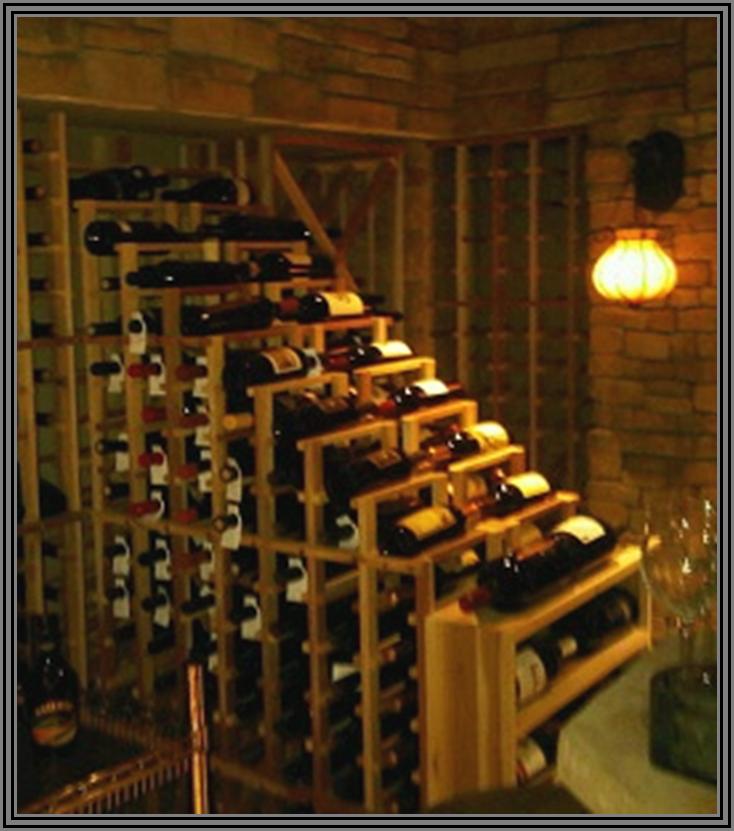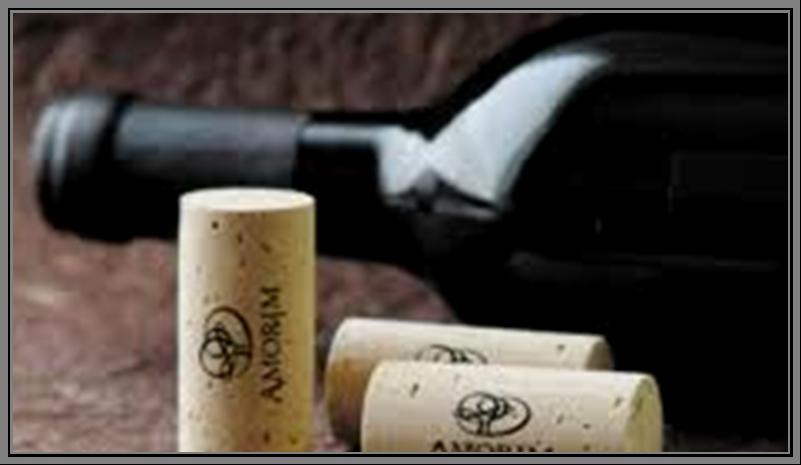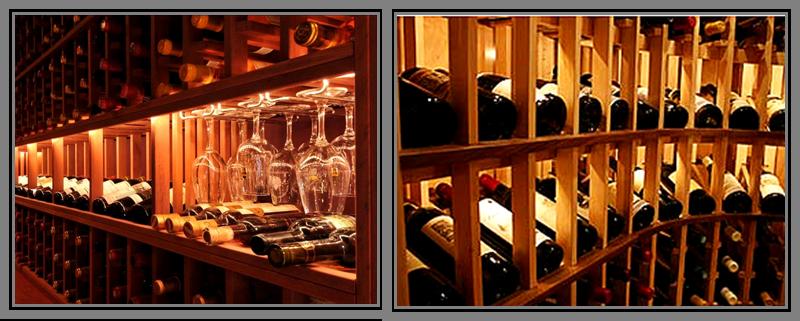
There are many wine lovers from around the world, including New Jersey, who prefer to have their own residential wine cellar. Wine cellars are the perfect locations for keeping wines because they are designed with minimal lighting and equipped with wine cooling systems that can fend off the harmful effects of temperature and humidity.
Temperature and Humidity
Temperature control is the most important factor to consider in proper wine storage. Ideal temperature for storing and aging wines is between 50 and 65 degrees Fahrenheit.
When wines are stored beyond these limits, chances are they will age prematurely and develop potential wine faults. Maintaining a cooler temperature is good for wines because they mature at a slower pace that allows them to develop their full flavors.
Humidity is another variable that should be considered when storing wines. Although a certain level of humidity is required to maintain the sealing quality of the corks, unregulated levels can do more harm than good to wines.
If humidity is too high, it can cause mold growth that can be destructive to wine labels and affect their resale value. Therefore, it is important to keep humidity within the range of 60 to 75 percent.
Light
Continuous exposure to light can cause irreversible damage to wines and introduce possible wine faults. Wines are sensitive to light, which is why they are stored in moderately dark rooms.
Most New Jersey wine cellars use LED based lighting because it generates less heat compared to regular light bulbs. Some wine rooms have additional features like dimmer switches and light timers that regulate brightness and reduce exposure of wine bottles to light.
Bottle Orientation

Storing bottles upright is not encouraged because this may cause the corks to dry out easily. If the corks dry out, it can promote oxidation that can potentially ruin the wine. Investing in high quality wine racks is the best way to store wines because these devices are designed to hold wine bottles the right way.
Vibration and Odor
Proper storage of wines also calls for an odorless and vibration-free environment. Keep in mind that wines are delicate commodities that can be influenced by the slightest change in their surroundings.
Heavy vibration hastens the aging process, which can result in wines having foul odors and undesirable tastes. Exposing wines to a pungent environment can have negative effects on their overall taste and flavor.
Minimizing temperature swings and humidity fluctuations are the keys to preserving the quality of wines for a long time. Storing wines in a dark and calm environment also ensures that they will age undisturbed.
Regardless of whether you intend to store wines on a long-term or short-term basis, proper wine storage should be taken into account as this can spell out the difference between personal enjoyment and grave disappointment.

 Call us to receive your custom quote
Call us to receive your custom quote 




